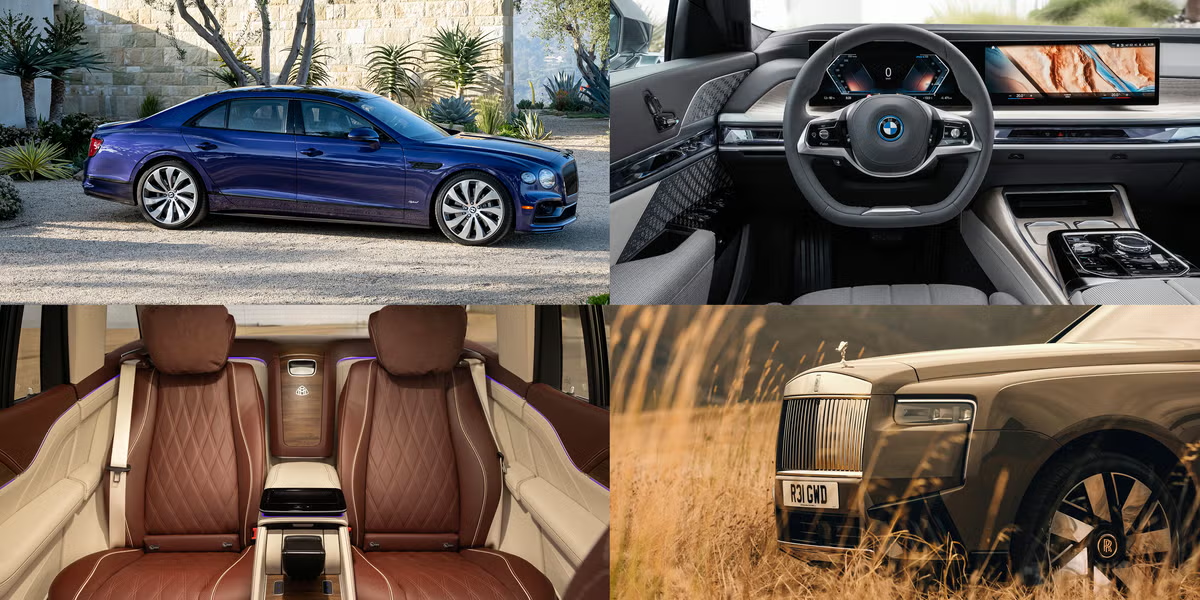Introduction
With the rapid growth of electric vehicles (EVs) and improvements in fuel efficiency for gas-powered cars, choosing the right type of vehicle in 2025 can be challenging. Whether you’re looking for cost savings, environmental benefits, or convenience, this guide will help you decide between an electric car and a traditional gasoline vehicle.
1. Cost of Ownership
Electric Cars
- Higher upfront cost, but prices are dropping with new technology and government incentives.
- Lower maintenance costs due to fewer moving parts.
- Charging costs vary, but home charging is usually cheaper than gasoline.
Gas Cars
- Lower initial price, especially for used vehicles.
- Higher long-term maintenance costs (oil changes, engine repairs, etc.).
- Gasoline prices fluctuate, affecting long-term fuel expenses.
2. Environmental Impact
Electric Cars
- Zero emissions, making them eco-friendly.
- Battery production has some environmental impact, but overall carbon footprint is lower than gas cars.
Gas Cars
- Emit greenhouse gases that contribute to climate change.
- New fuel-efficient models reduce emissions but still impact the environment.
3. Convenience and Refueling
Electric Cars
- Charging infrastructure is expanding, but charging still takes longer than refueling a gas car.
- Home charging is convenient, but long road trips require planning.
- Range anxiety is decreasing with improved battery technology.
Gas Cars
- Refueling is quick and easy, with gas stations readily available.
- No range anxiety, making them better for long trips.
4. Performance and Driving Experience
Electric Cars
- Instant torque and smooth acceleration.
- Quieter ride with fewer vibrations.
- Regenerative braking enhances efficiency.
Gas Cars
- Traditional driving feel with engine sounds.
- More variety in performance models.
- Longer history of reliability and familiarity.
5. Resale Value and Future Trends
Electric Cars
- Resale value is improving as demand for EVs increases.
- Battery longevity concerns can impact resale value.
- Government regulations favor EV adoption.
Gas Cars
- Still a strong market, but demand may decline.
- Older gas cars may face restrictions in some cities.
- Depreciation depends on fuel efficiency and market trends.
Conclusion: Which One Should You Buy?
- If you prioritize environmental impact, lower maintenance costs, and future-proof technology, go for an electric car.
- If you need long-range travel, quick refueling, and a lower initial cost, a gasoline car may still be a better option in 2025.
As EV infrastructure continues to improve, the shift towards electric cars is becoming more appealing. However, gas cars remain practical for many buyers. Your choice should depend on your lifestyle, driving habits, and budget.


